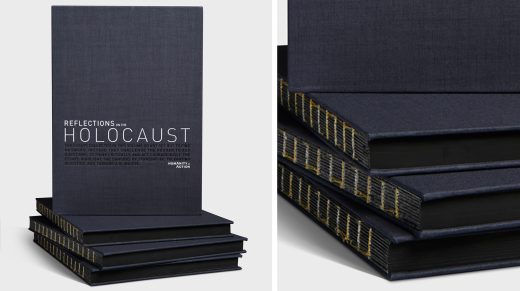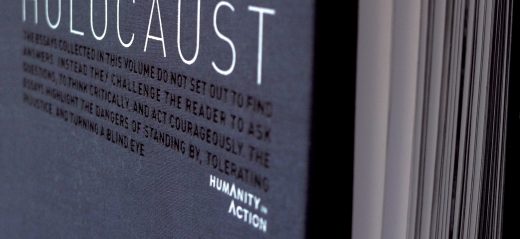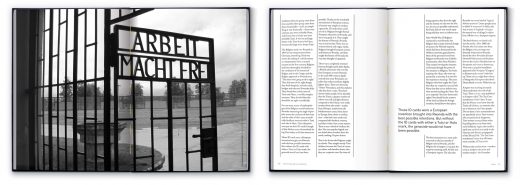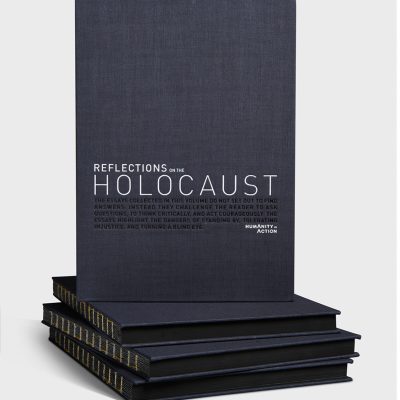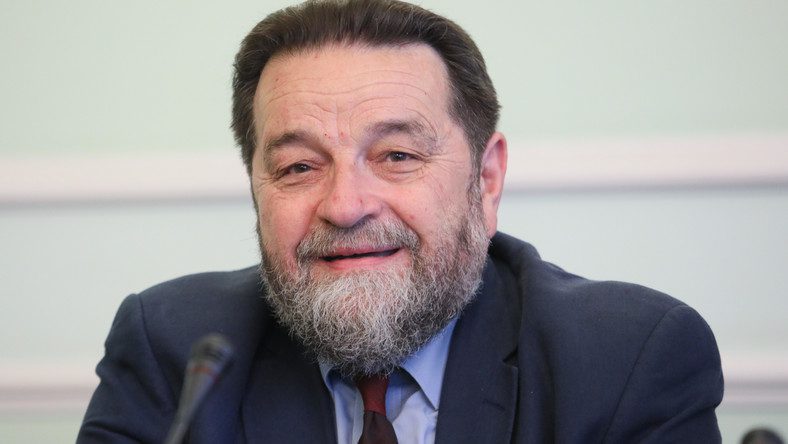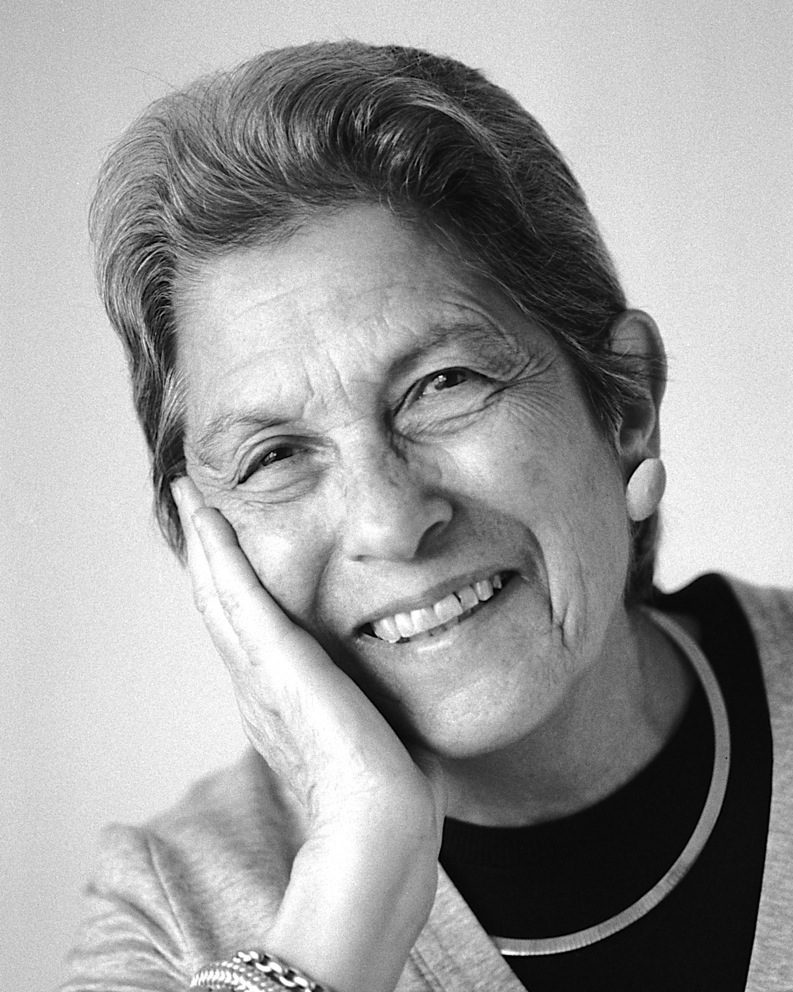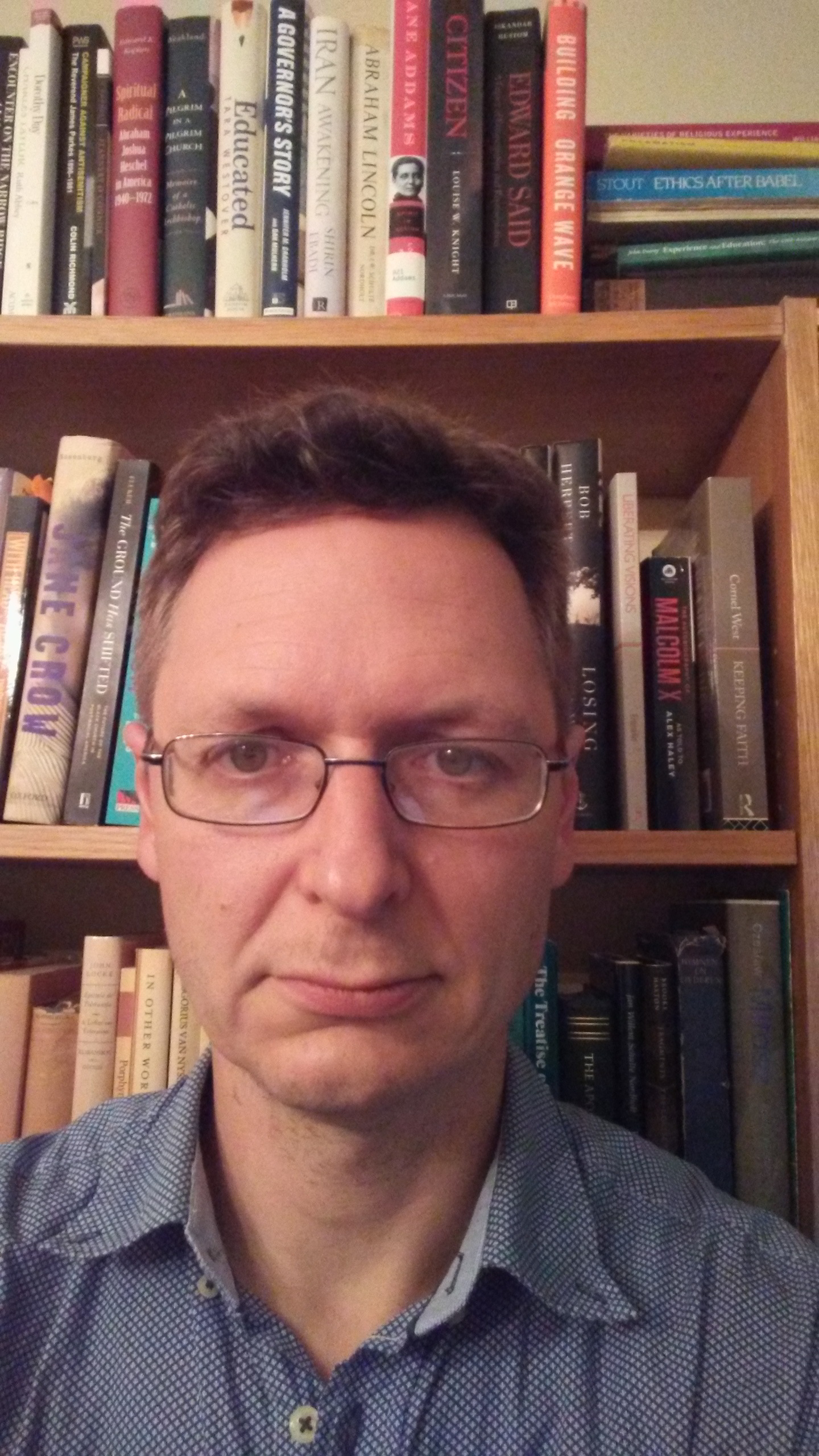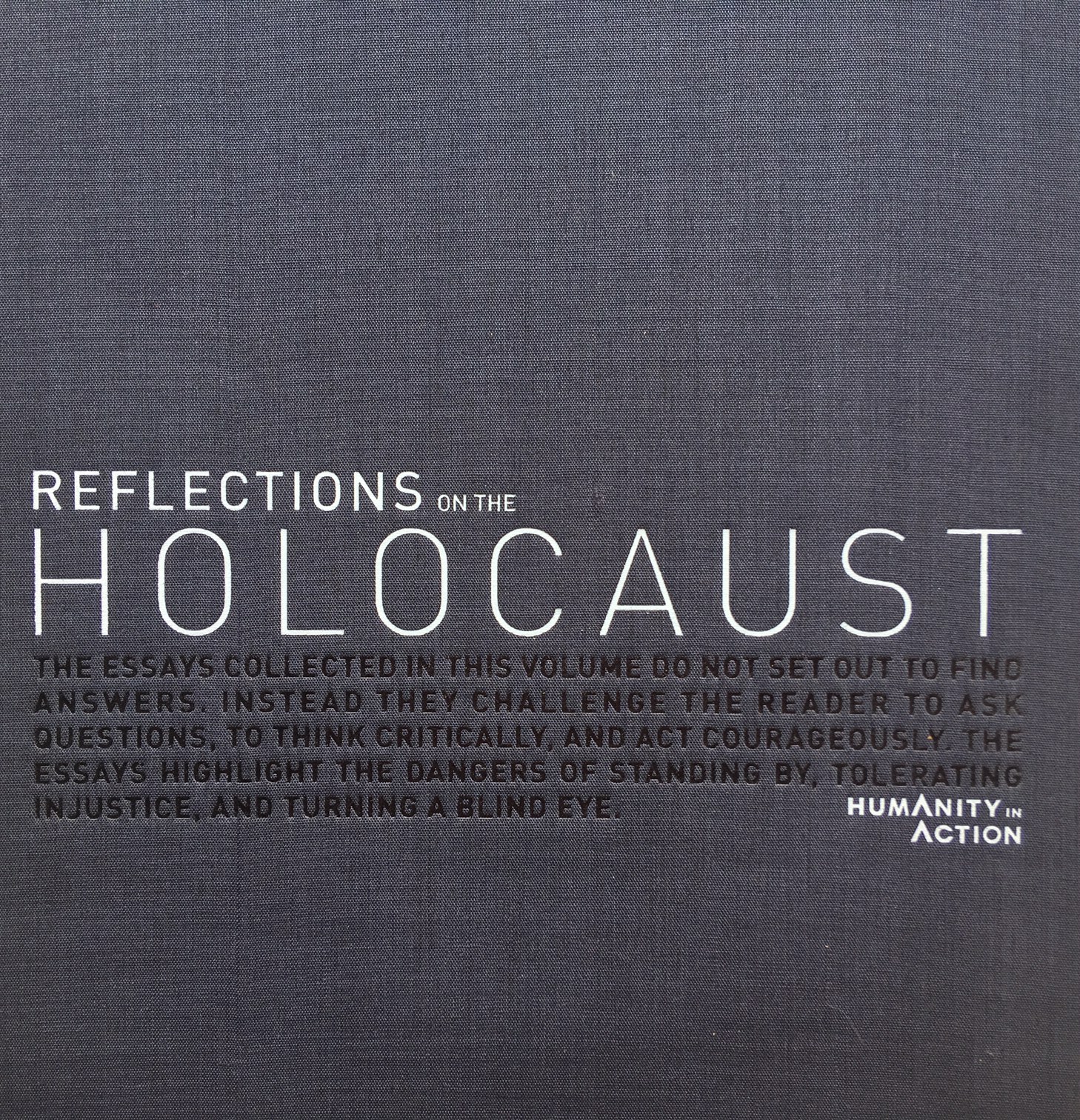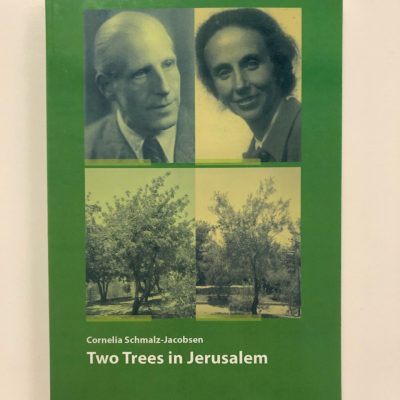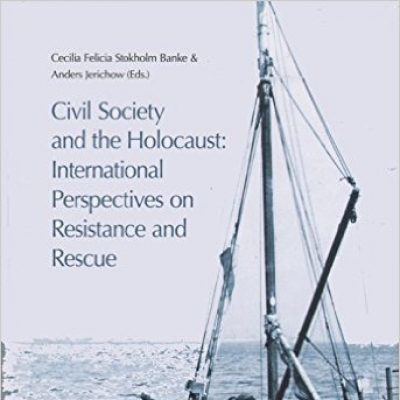Details
Article
In 2011, Humanity in Action published its first book, Reflections on the Holocaust. The essays collected in this volume were written by Humanity in Action Fellows, Senior Fellows, board members and lecturers who participated in Humanity in Action’s educational programs from 1997 to 2010. Humanity in Action programs focus on the obligation to understand genocide, particularly the Holocaust and other mass atrocities in the 20th and 21st centuries and connect them to the complex challenges of diversity in contemporary societies. Interdisciplinary and intellectually rigorous, these programs explore past and present models of resistance to injustice and emphasize the responsibility of future leaders to be active citizens and accountable decision makers.
Each essay in this volume reflects upon the difficult necessity of understanding, teaching and memorializing the Holocaust. In addition, the essays consider our responsibility, as citizens living under democracies, to draw moral and ethical lessons from the Holocaust, as well as other mass genocides.

These essays do not set out to find answers. Instead, in the sprit of Humanity in Action, they challenge the reader to ask questions, to think critically and to act courageously. This volume of essays highlights the dangers of standing by, tolerating injustice and turning a blind eye.
Humanity in Action thanks Julia Zarankin, Senior Fellow and the editor of this book, and Werner Design Werks for their groundbreaking and innovative design. Humanity in Action is also grateful for the support of the Dutch Ministry of Health, Welfare and Sport, especially the Department of War Victims and Remembrance, for the publication of this volume.
To purchase this book directly from Humanity in Action, please contact info@humanityinaction.org. It can also be purchased online here. An e-book version can be downloaded free of charge further below on this page.
TABLE OF CONTENTS
Introduction, Julia Zarankin
1. Memorials, Monuments and Museums
- “A Self-Serving Admission of Guilt: The Intention and Effects of Germany’s New Memorial to the Murdered Jews”, Sharon Chin, Fabian Franke and Sheri Halpern
- “Auschwitz-Birkenau: A Visitor’s Manual”, Tomasz Cebulski
- “Visiting the United States Holocaust Memorial Museum”, Judith Goldstein
- “Journey to Auschwitz”, Julia Zarankin
2. The Challenges of Educating and Remembering
- “Challenging Dutch Holocaust Education: Towards a Curriculum Based on Moral Choices and Empathetic Capacity”, Jacob Boersema and Noam Schimmel
- “The Responsibility of Knowledge: Developing Holocaust Education for the Third Generation”, Kelly Bunch, Matthew Canfield and Birte Schöler
- “Untangling Emotional History: How President Sarkozy’s Failed Memory Initiative Illuminates France’s Continuing Struggle with the Holocaust”, Vera Jotanovic and Juliana Schnur
- “Heroism in Danish Culture and Self-Understanding: The Problems with Writing the Rescue”, Saskia Hansen and Julia Zarankin
- “A Founding Myth for the Netherlands: The Second World War and the Victimization of Dutch Jews”, Matthijs Kronenmeijer and Darren Teshima
3. Drawing Lessons from the Holocaust
- “Sixty-Five Years Later: The Meaning of Humanity in Action”, Ed van Thijn
- “The Banality of Genocide”, Konstanty Gebert
- “The Educational Imperative”, Anders Jerichow
